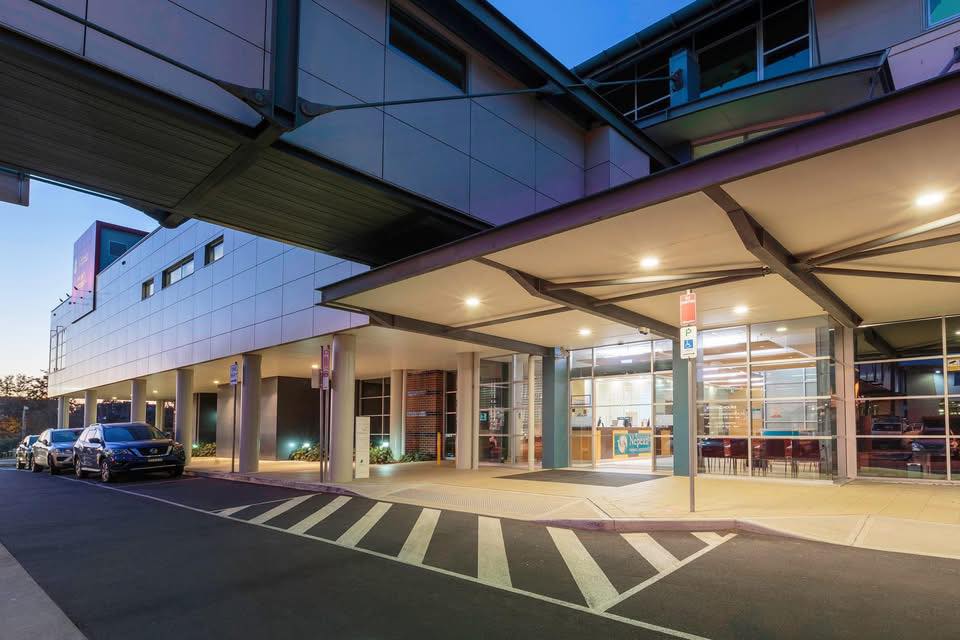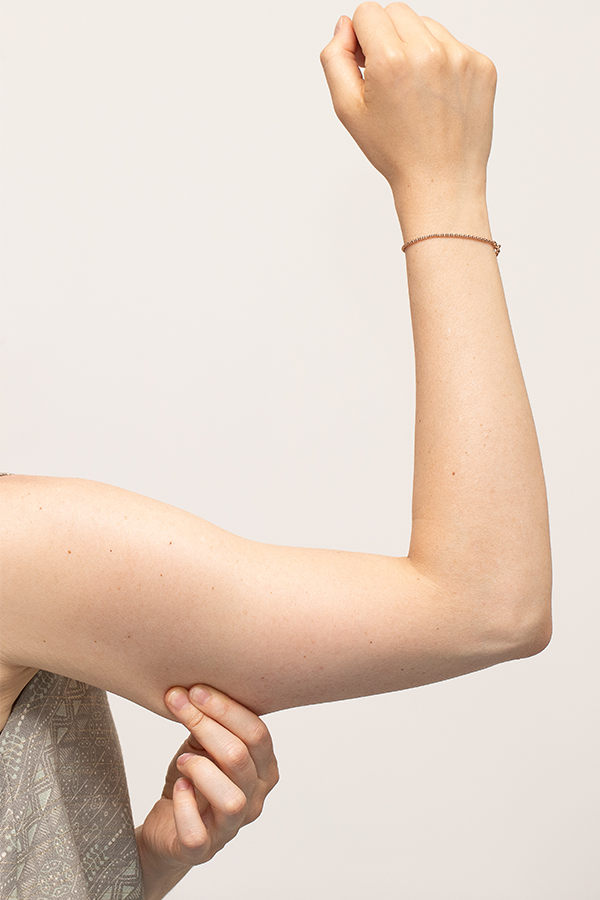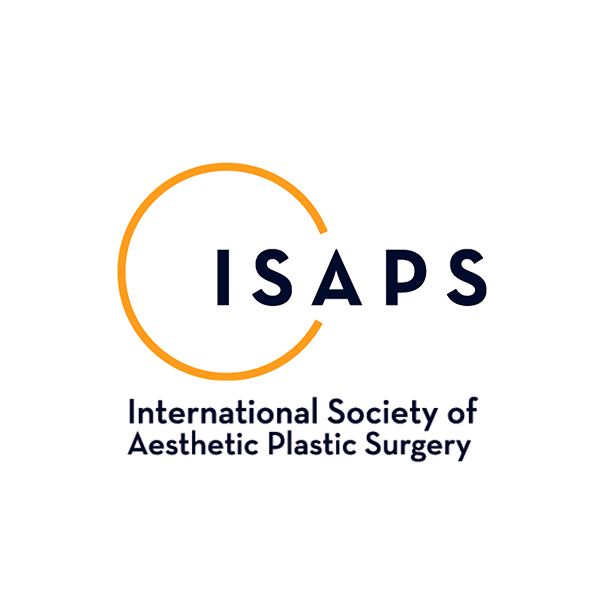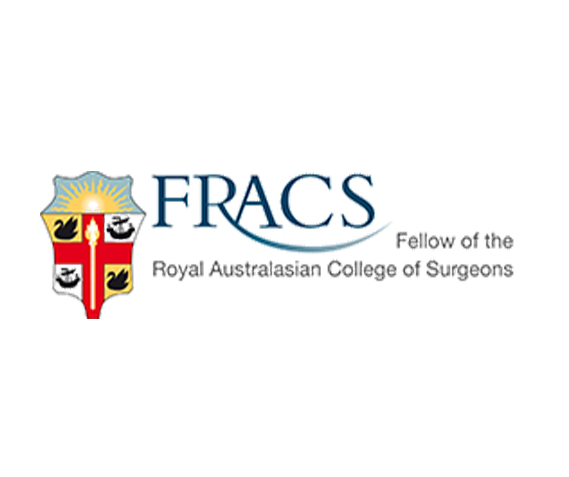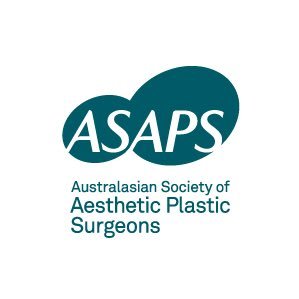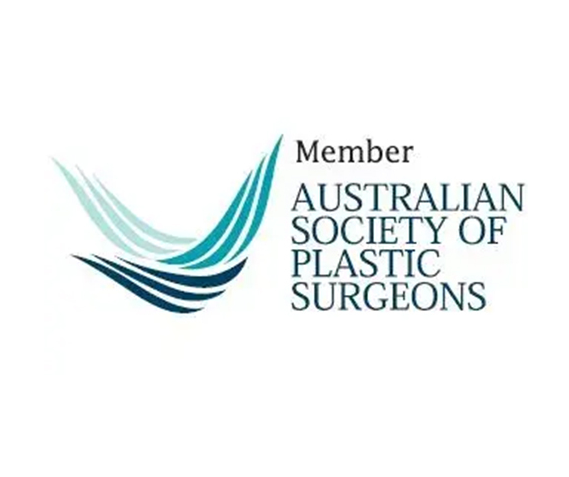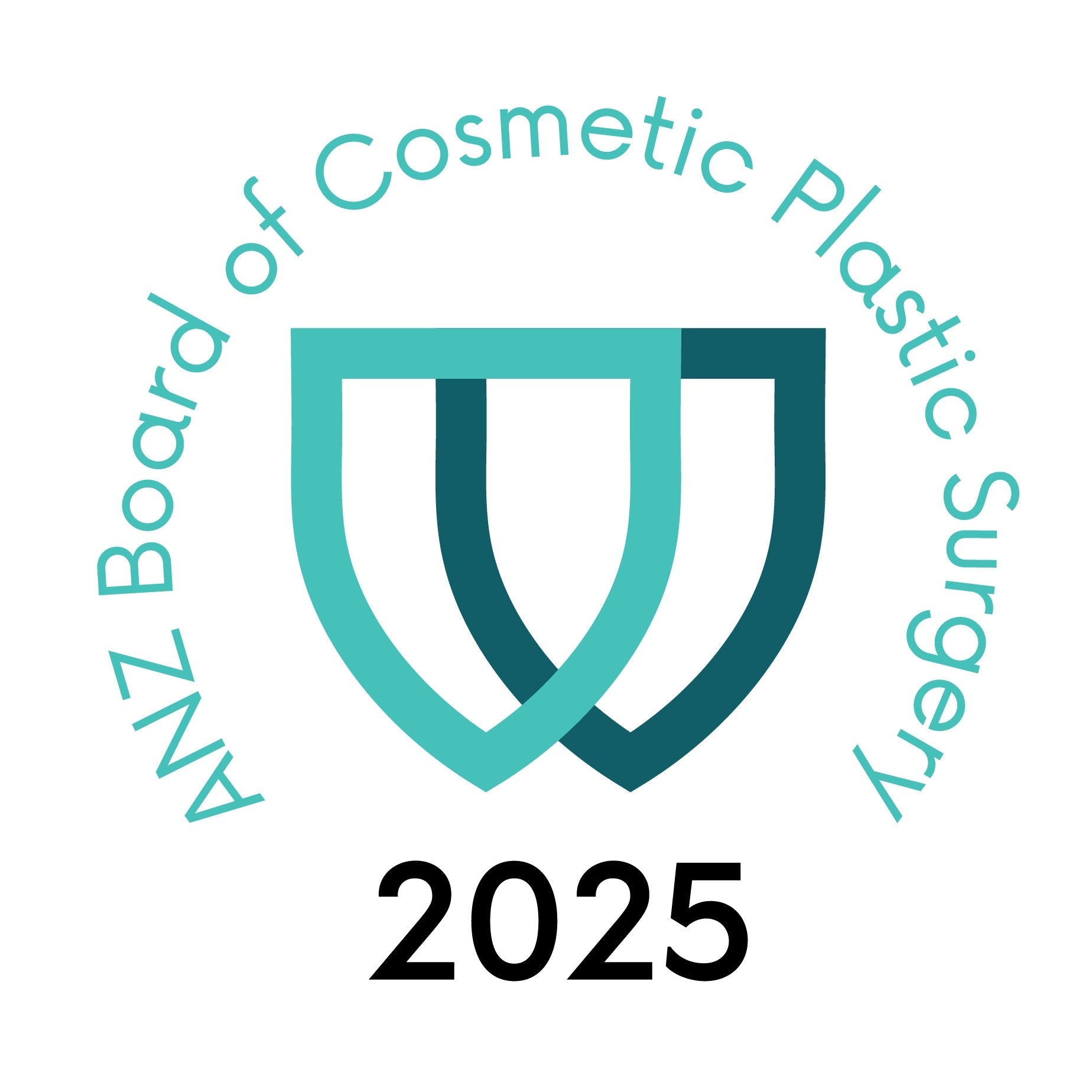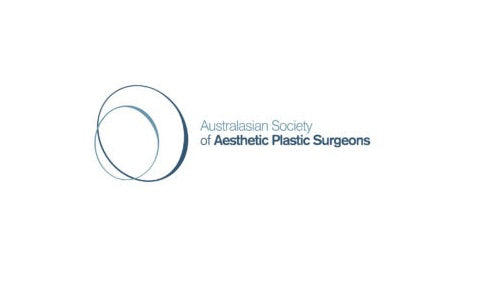Brachioplasty surgery, also known as Arm Lift, it is a procedure to enhance the contour of the upper arm. Removing excess skin is designed to tighten and improve the contour of the upper arm following significant weight loss.
We’ll discuss your goals, assess your health, and review treatment areas to help you make an informed decision. Formal quotation will be provided following your initial consultation.
To ensure your consult runs smoothly and you depart our clinic with confidence, please
bring the following to your appointment:
- GP referral
- Copies of recent scans or reports
- A list of questions that you would like to discuss with Dr Preketes.



